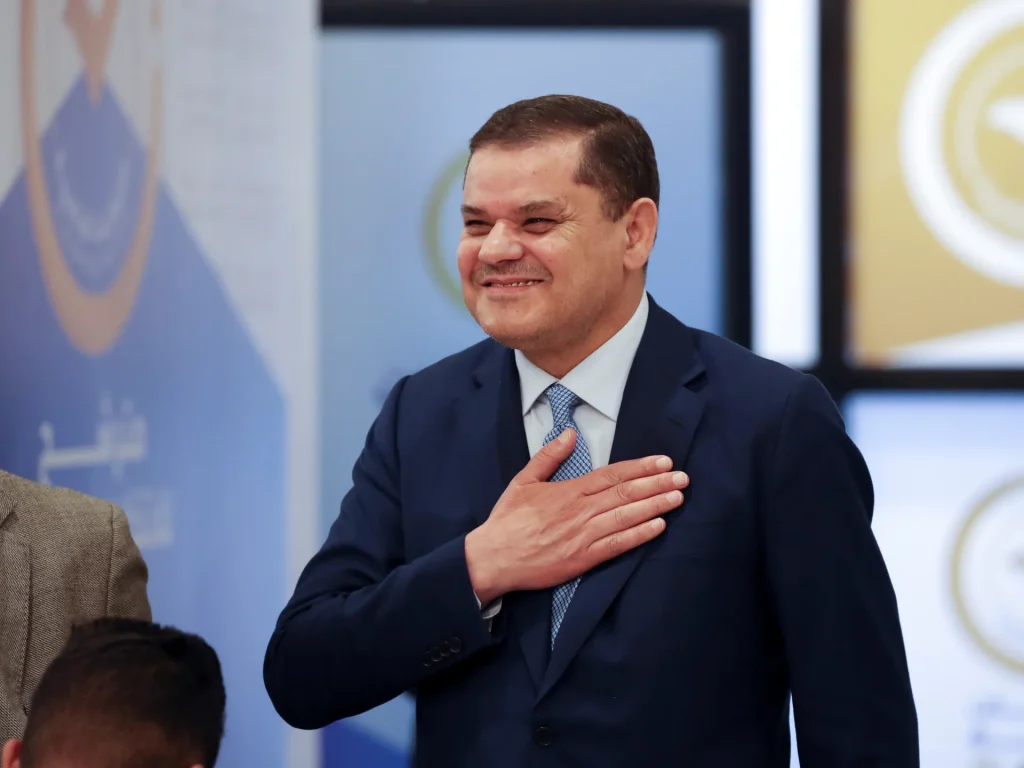Libyan Prime Minister highlights need for decentralisation

The Libyan Prime Minister Abdul Hamid Dbeibah has emphasised the need for decentralisation in Libya’s political framework, according to the Moroccan government-friendly outlet North Africa Post on August 27th.
His pledge for decentralisation came when welcoming and congratulating new municipal leaders after preliminary results from the recently conducted Libyan elections were released.
Whilst congratulating the newly elected local leaders, he reaffirmed the responsibility and duty that they hold to deliver for local citizens and to manage local affairs.
Preliminary results have been announced in the wake of The United Nations releasing the results of public surveys surrounding Libya’s electoral future, with the hope that these municipal elections are the latest small step towards eradicating the plague of instability from the country.
Dbeibah is hoping to capitalise on the obvious democratic appetite of the Libyan people, with the survey suggesting that a large proportion of the population want parliamentary elections as soon as possible, and Dbeibah highlighting the importance of local administrations to strengthen the currently frail governance structures to ensure improved development.
By highlighting these points, Dbeibah has shifted the emphasis from his position to the responsibility of local councils, and he has urged them to continue major infrastructure projects, particularly in the capital Tripoli, to justify the faith of the people to Libya’s current government.
Furthermore, the hope of newfound stability deriving from these municipal elections is a driving factor, with the Prime Minister urging councils to avoid political disputes to safeguard stability and deliver effective public services.
The highly centralised political system in Tripoli has exposed the flaws in Libya’s governance framework, leading to stagnating development and poor infrastructure.
Local mayors have been pleading with the Government of National Unity to ensure more funding and autonomy to streamline processes, enhancing the deliverance of local projects, and improve salary payments for local workers.
Empowering these municipalities will help to ensure that Libya’s recent progress in conducting elections and instilling democratic will within the population will not be reversible and can lead to true progress.
North Africa Post, Maghrebi.org, Maghrebi Week
Want to chase the pulse of North Africa?
Subscribe to receive our FREE weekly PDF magazine














